Human Civilization
Origins of Civilization
The concept of civilization is a complex one, encompassing a wide array of social, cultural, and technological developments. The term itself derives from the Latin word "civis", meaning "citizen", and by extension, a member of a city or state. The earliest civilizations are generally agreed to have emerged in the 4th millennium BC in the fertile river valleys of Mesopotamia, Egypt, the Indus Valley, and China.
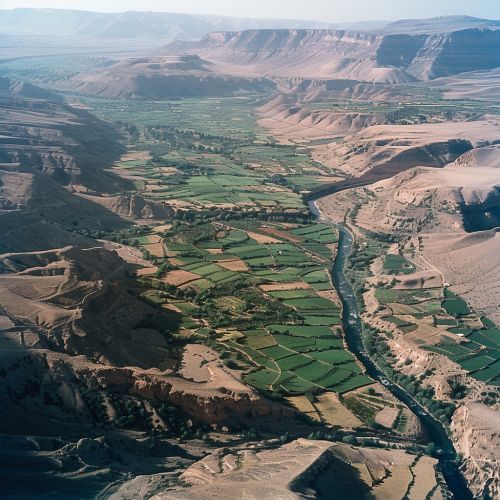
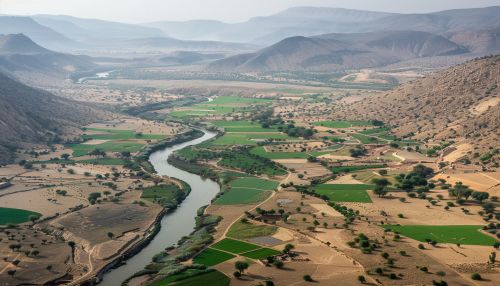
These early civilizations were characterized by the development of urban centers, the invention of writing systems, and the establishment of complex political and social structures. The growth of these civilizations was driven by a combination of geographical factors, technological innovations, and social and political developments.
Development of Civilizations
Over time, civilizations have evolved and diversified, spreading across the globe and adapting to a wide range of environments. This process has been driven by a combination of internal dynamics and external influences, including trade, warfare, migration, and cultural exchange.
The development of civilizations has been marked by a number of key stages and transitions. These include the shift from hunter-gatherer societies to settled agricultural communities, the rise of urban centers and states, the development of writing and other forms of symbolic communication, and the emergence of complex social and political structures.
Characteristics of Civilizations
Civilizations are typically characterized by a number of key features. These include the presence of cities and other large-scale settlements, the development of complex social and political structures, the existence of a surplus of food and other resources, the use of writing and other forms of symbolic communication, and the presence of distinct cultural and artistic traditions.
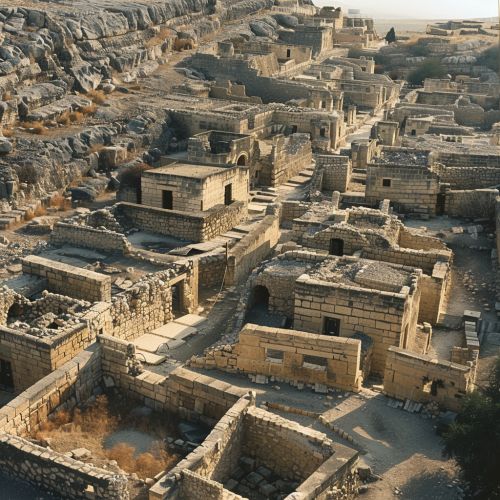
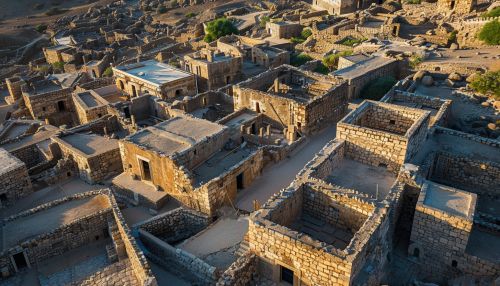
In addition to these core features, civilizations are also often characterized by a number of other traits. These can include the development of complex economic systems, the existence of formal legal and political institutions, the presence of advanced technology and infrastructure, and the existence of a shared cultural and ideological framework.
Impact of Civilizations
Civilizations have had a profound impact on the course of human history, shaping the development of societies, cultures, and technologies across the globe. They have also played a key role in shaping the physical environment, through activities such as agriculture, urbanization, and industrialization.
At the same time, civilizations have also been shaped by their environment, with geographical factors playing a key role in determining the location, size, and character of different civilizations. This interplay between civilizations and their environment is a key theme in the study of human history and geography.
Challenges and Critiques
While civilizations have played a central role in human history, they have also been the subject of criticism and debate. Some critics argue that the concept of civilization is inherently Eurocentric, reflecting a biased view of human history and culture. Others argue that civilizations have often been marked by inequality, exploitation, and environmental degradation.
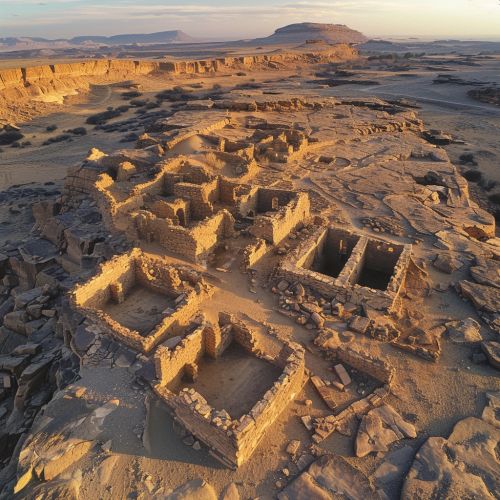
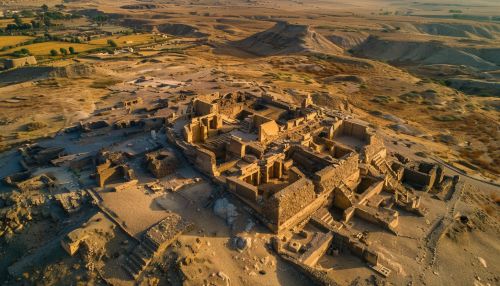
Despite these critiques, the concept of civilization remains a key framework for understanding human history and culture. It provides a way of categorizing and comparing different societies and cultures, and offers a lens through which to explore the complex dynamics of human social and cultural development.
